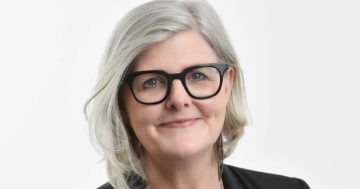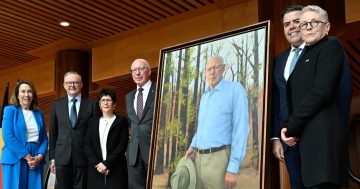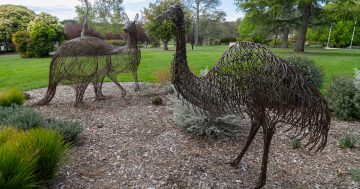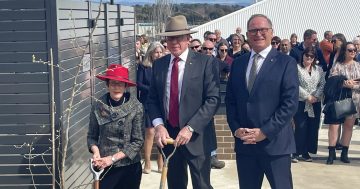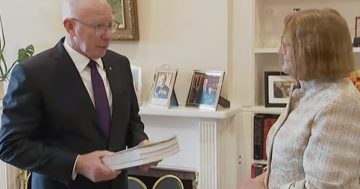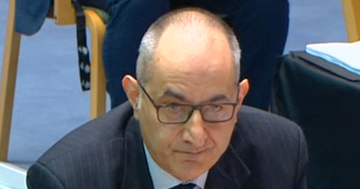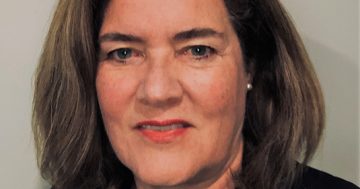
Is it time to appoint someone completely different to stroll across the green lawn at Yarralumla? File photo.
The announcement that Australia’s next Governor-General will be the current NSW governor, David Hurley, met with a mixed response. While there’s little doubt that General Hurley is a steady, experienced pick for the vice-regal role, there’s also a sense that yet another middle-aged man with a military background is a less than inspiring choice. So what do we want and need from a 21st-century Governor-General?
Past choices suggest that the perennial safe pair of hands has been a priority, but so has the chance to do someone a political favour (see Hayden, Bill). For decades following Federation, our vice-regal responsibilities were allocated to one British aristocrat after another, the last being Viscount de L’Isle.
Sir Isaac Isaacs was the first Australian born Governor-General, but locals were not regularly entrusted with the role until the mid-sixties. Since then, it’s been a steady roll call of ex-military officers, former politicians and lawyers. And of course, just one woman: Quentin Bryce, herself a former legal academic.
What does this speak to about Australia and Australians? It’s worth recalling that under the constitution, the Governor-General holds substantial powers albeit rarely exercised, at least since 1975. But beyond the legal responsibilities, the Governor-General’s role now more than ever is, surely, to embody some kind of national leadership that sits above the muck of politics.
We need someone smart and capable, but also someone inspirational. Someone who connects with the spirit of the nation as well as the letter of the law. Someone who speaks to the rich stew that constitutes 21st century Australia.
That’s arguably much better embodied by the recent State appointments. In South Australia, His Excellency Hieu Van Le is a former Vietnamese refugee who served as chair of the South Australian Multicultural and Ethnic Affairs Commission and as a senior investigator and manager with the Australian Securities and Investments Commission (he has two sons, named after cricketers Sir Donald Bradman and Kim Hughes).
The longest-serving Governor of NSW was Dame Marie Bashir, a GP and psychiatrist whose career included a strong focus on child and adolescent mental health issues and Aboriginal health care. The current administrator of the Northern Territory, Vicki O’Halloran, received an AM for her services to disability.
So why, then, does the PM of the day read from the same old script when appointing a new GG? Without a doubt, the great majority of Governors-General have been good people, serving conscientiously. But would it be so hard to find others, equally well qualified, equally capable, whose life stories make a bigger, bolder statement about who we are now?
These are fraught times politically, but Australia remains a safe, prosperous and happy place for the vast majority of us. We are no longer colonial vassals, although for the time being at least our ties to the Crown and the Commonwealth remain, and so does the role.
So why then do we reflexively seek out middle-aged people with the habit of command? What are we frightened might happen across the verdant lawns at Yarralumla if someone different had the Queen’s commission? And why is it so hard to break the mould?
Who do you think should be the Governor-General?












